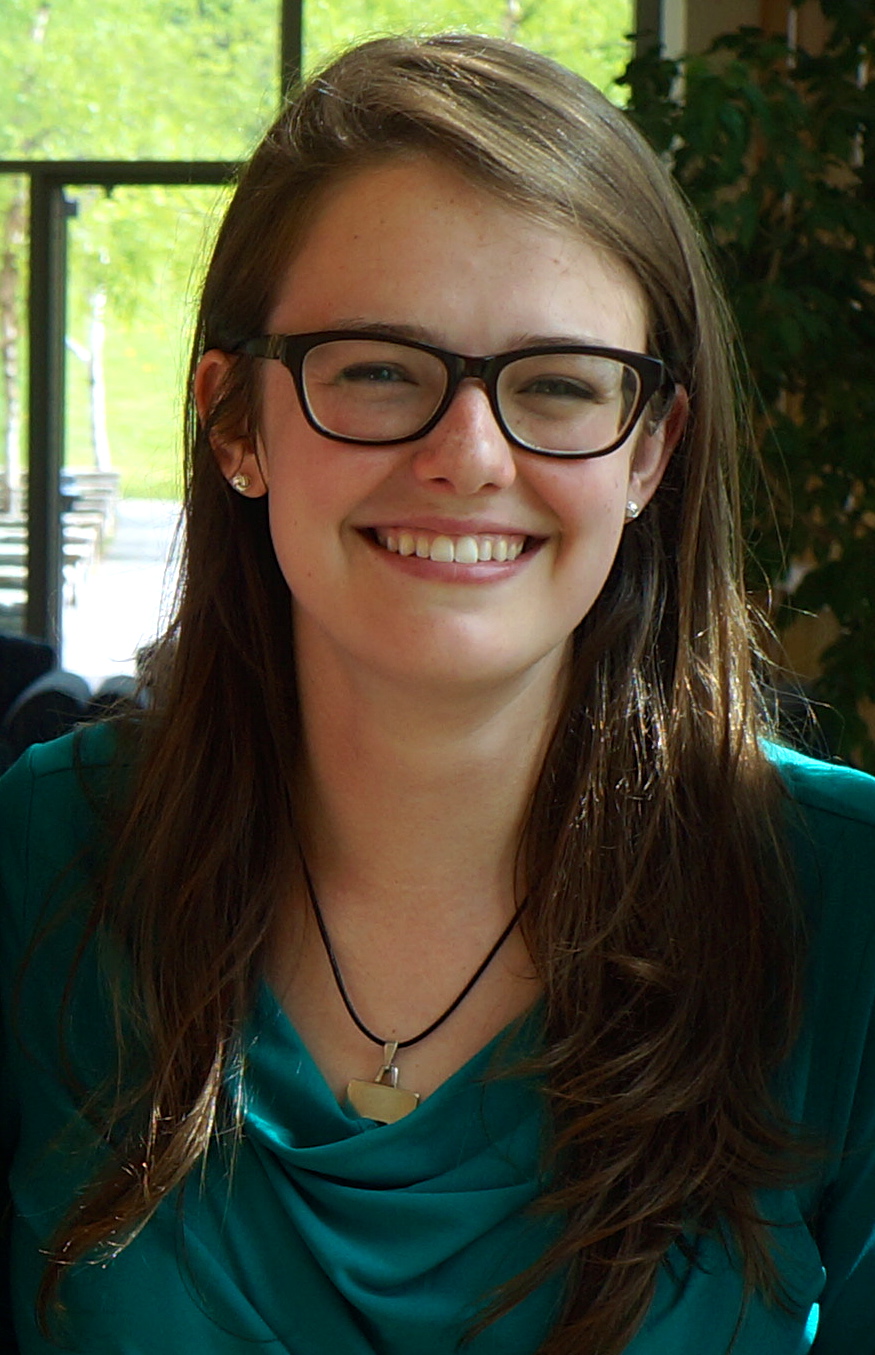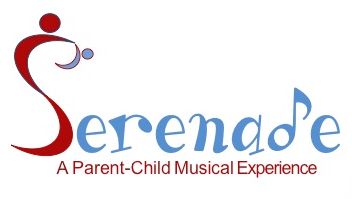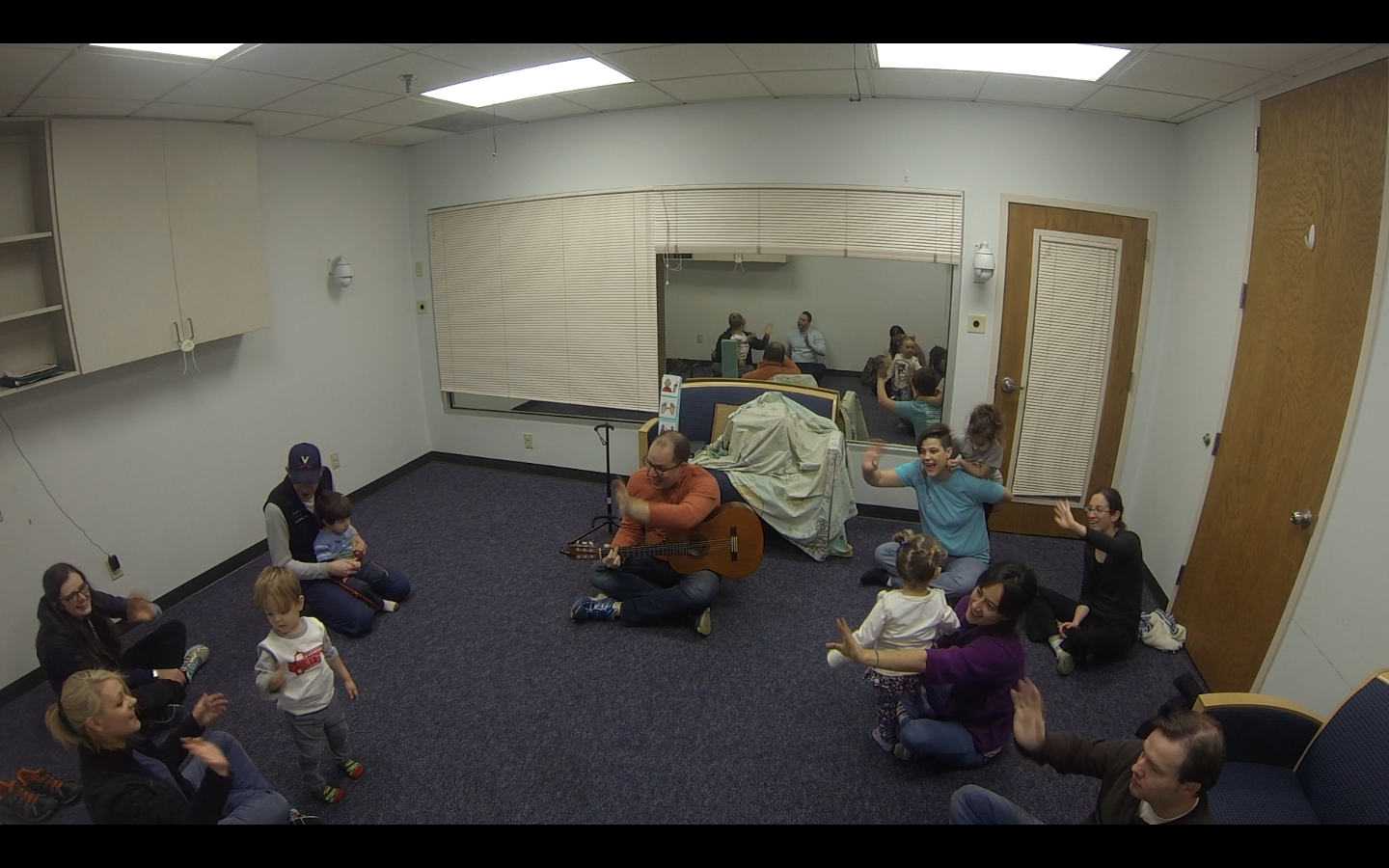Home » News » The Program for Music, Mind, and Society makes Music City more musical through the SeREnADe project
The Program for Music, Mind, and Society makes Music City more musical through the SeREnADe project
Posted by anderc8 on Thursday, February 2, 2017 in News, TIPs 2015.

Rita Pfeiffer
Written by Rita Pfeiffer, M.S. Candidate in Speech-Language Pathology and Graduate Research Assistant in the Music Cognition Lab
I’m a Nashville native, so it should come to no surprise that music is an integral part of who I am. Growing up, I enjoyed the Pied Piper Series and the Nashville Children’s Theater, was involved in the Music City Youth Orchestra and the Curb Youth Symphony through the Blair School of Music, and participated in school orchestras, bands, and musicals. As if by a “right a passage” for many Nashville musicians, I was even in a band and recorded an album. My involvement in music and these programs provided me the opportunity to travel, make friends, challenge myself, and process my emotions. Music helped me to learn the value of perseverance, practice, and collaboration, and I’ve become a better person for it. I mention all of this to illustrate that I was quite privileged that my family and Music City provided these opportunities for me, which fostered not just my passion for music but also my overall development.
How would my life be different if I did not have access to these opportunities when I was growing up? I think about the importance of community access often. As a master’s student in Speech-Language Pathology – a profession in which we serve individuals with a variety of disabilities through improving their communication and swallowing abilities – I continually witness the real-life impact of how having a disability can impact your ability to participate in the community. For instance, children with Autism Spectrum Disorder, a neurodevelopmental disability characterized by impairments in social communication and restricted and repetitive behaviors or interests, often have specific needs that can influence their ability to participate in activities of daily living but that may be addressed through particular strategies such as the use of visual schedules or behavioral prompts. If programs do not understand the specific needs of children with autism that they serve, families may not feel comfortable participating in the program or may feel like they have to continually fight to get the services that their child needs instead of being able to fully enjoy the activity. As a result, families may miss out on these enriching activities and the sense of community that can be available through them.
 You can imagine my eagerness, then, when I was given the opportunity to be a part of the SeREnADe project. Loosely standing for “Social and Rhythmic Engagement in Autism Spectrum Disorder,” the SeREnADe project is an inclusive, parent-child music enrichment class for parents and their preschoolers with autism. The project is led by Dr. Miriam Lense, a Research Instructor at Vanderbilt University Medical Center with a PhD in Clinical Psychology, and is part of the Music Cognition Lab (directed by Dr. Reyna Gordon, PhD) and the Program for Music, Mind, and Society at Vanderbilt. The SeREnADe project is truly an interdisciplinary undertaking, with collaborators and funding sources spanning across nine different departments and programs in Vanderbilt such as The Curb Center, The Vanderbilt Brain Institute, the Vanderbilt Kennedy Center and TRIAD (Treatment and Research Institute for Autism Spectrum Disorders), in addition to the national nonprofit CreativeBridge Coalition. Collaborators and researchers on the team include clinical psychologists, speech-language pathologists, behavioral analysts, music therapists, neuroscientists, and speech scientists. It takes a village to make these music classes possible, and the program has become richer for the diversity of expertise that each discipline is able to bring.
You can imagine my eagerness, then, when I was given the opportunity to be a part of the SeREnADe project. Loosely standing for “Social and Rhythmic Engagement in Autism Spectrum Disorder,” the SeREnADe project is an inclusive, parent-child music enrichment class for parents and their preschoolers with autism. The project is led by Dr. Miriam Lense, a Research Instructor at Vanderbilt University Medical Center with a PhD in Clinical Psychology, and is part of the Music Cognition Lab (directed by Dr. Reyna Gordon, PhD) and the Program for Music, Mind, and Society at Vanderbilt. The SeREnADe project is truly an interdisciplinary undertaking, with collaborators and funding sources spanning across nine different departments and programs in Vanderbilt such as The Curb Center, The Vanderbilt Brain Institute, the Vanderbilt Kennedy Center and TRIAD (Treatment and Research Institute for Autism Spectrum Disorders), in addition to the national nonprofit CreativeBridge Coalition. Collaborators and researchers on the team include clinical psychologists, speech-language pathologists, behavioral analysts, music therapists, neuroscientists, and speech scientists. It takes a village to make these music classes possible, and the program has become richer for the diversity of expertise that each discipline is able to bring.
At its most fundamental level, SeREnADe’s 10-week music classes fulfill a community need. There are very few programs such as SeREnADe in the country, particularly for younger children with autism, simply due to the fact that other programs may not have the supports in place to best fit the needs of families with children with autism. We are fortunate to have TRIAD as a collaborator on our project, in part for this reason: they have been instrumental to training our team and providing resources to ensure that we are using the best evidence-based practices to behaviorally support the children we serve. What also makes this project unique is that we think beyond just the children. A key goal of SeREnADe is to make parents/caregivers active participants by providing them with resources and supports to help them engage with their children and foster interactions through music, and perhaps, in the process, decrease their own levels of stress. Through participating in SeREnADe, families build a musical toolbox of techniques and strategies for engaging in musical activities and encouraging social interaction.
With regards to the science, the purpose of SeREnADe is to investigate how families use music as a tool to engage with their children in intentional and socially meaningful ways, and whether (and under what circumstances) using music can promote social engagement in children with autism. Prior research has found that some children with autism enjoy and have strengths in certain aspects of music, and other research suggests that some characteristics of music (such as predictable rhythms and moving together in synchrony) can potentially help to scaffold social interactions. While national scientific reviews have found emerging evidence that music might be able to be used to improve social skills for children with autism, there is still much that we do not know about the relationship between music and social skills, especially for children with autism and their families. Thus, SeREnADe strives to fill the gap in the literature by addressing questions such as the feasibility of inclusion classes and parent education through music, how music shapes parent-child interactions, and the role of music and rhythm in the development of specific social skills.
It is rewarding to be a part of a project that is able to stimulate my mind and heart in so many ways. Clinically, I learn so much from collaborating with the families we serve and from working with their children. Scientifically, I am driven to fill in the gaps in the research in order to help inform clinical practice, as well as the applied science of how music influences the ways we socially engage with the world. Finally, I am constantly reminded of how we, as citizens, can strive to make a positive impact in the communities in which we live. With all of the ways that Nashville has grown and changed over the years, what has always been at this city’s heart is our ability to serve one another. The Program for Music, Mind, and Society is able to do its part through projects like SeREnADe. The work that we do does not just benefit the Vanderbilt community, or the clinical and scientific communities at large. Our work also has a direct impact in the Nashville community, just as the city has a direct influence on us and the Vanderbilt community. As the program continues to grow, I look forward to seeing how we will be able to make Music City an even more inclusive, and musical, place to be.
One Comment on “The Program for Music, Mind, and Society makes Music City more musical through the SeREnADe project”
Louise Bauer on February 9th, 2017 at 3:08 pm
Excellent and informative article. Exciting and important work and research for autism community. How fortunate for Nashville and the world for this program and the dedicated professionals who offer their care and commitment. Thank you Rita Pfeiffer.

